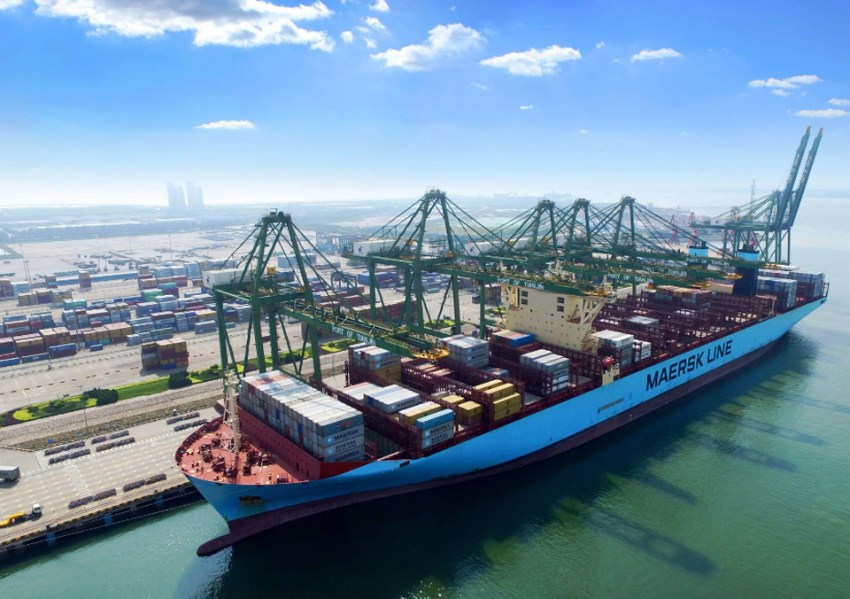daniels mpv condos review.Nearly 1 million people flowed into Canada last year! Due to lower interest rates and an influx of new immigrants, the BC property market will rebound strongly next year, with sales soaring by about 24 per cent.Please Visit: daniels mpv condos review to Get Your VVIP Registration Today!
The BC real estate association has previously pointed out that average house prices in the province are expected to fall 5 per cent this year due to the severe winter of the industry, but are unlikely to fall to 2021 lows.
The deputy chief economist of the Canadian Mortgage and Housing Corporation (CMHC) also said that while rising interest rates have dampened some demand in the housing market, prices in Canada may not fall further due to a continuing shortage of new homes.
A recent report by CIBC Bank even pointed out that nearly a million people poured into Canada in 2022 and they are creating an “unprecedented” demand for housing.
On February 2nd, the REBGV released the latest figures for January, which is also the first report at the beginning of the year.
The report shows that home sales in Dawen fell 55.3% in January from the same period last year, but inventories are still low. The benchmark price was 1.1114 million yuan, down 6.6% from the same period last year and 0.3% lower than in December last year.
It is worth noting that the benchmark price of the apartment was 720700 yuan, down 1.1% from January 2022, but up 1% from December last year.
Andrew Lis, director of economic and data analysis at REBGV, said: as mortgage rates rose rapidly last year, home sales in January are expected to be the lowest in recent history. But looking ahead, the central bank has made it clear that it will conditionally suspend further interest rate increases, which should provide more certainty for buyers and sellers.
The latest report from the BC real estate association also points out that the downturn in the property market will continue this year due to the economic slowdown and rising mortgage rates, and home sales are expected to decline slightly by 7.1% this year, but soar by about 24% in 2024.
Brendon Ogmundson, chief economist of the BC Real Estate Association, said the average price in Greater Windsor is expected to fall to 1.18 million yuan this year from 1.27 million yuan last year.
Mr Ogmondsen expects a strong rebound in BC’s property market next year. The main reason is that mortgage interest rates are falling and Canada will welcome 1.5 million new immigrants in the next three years. If 15 per cent of them settle in BC, the demand for housing will continue to soar.


